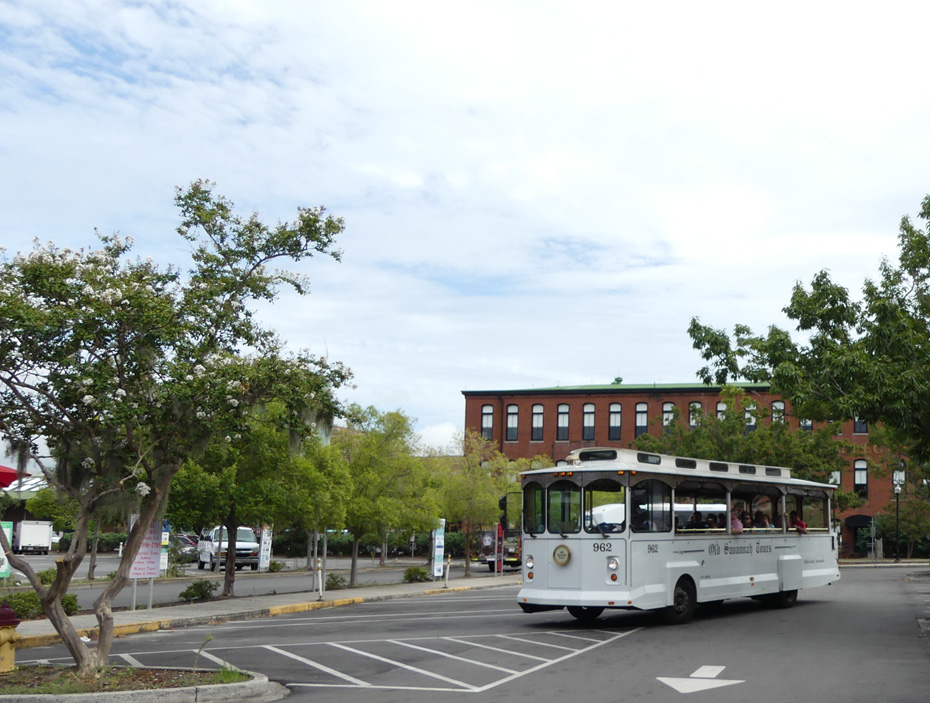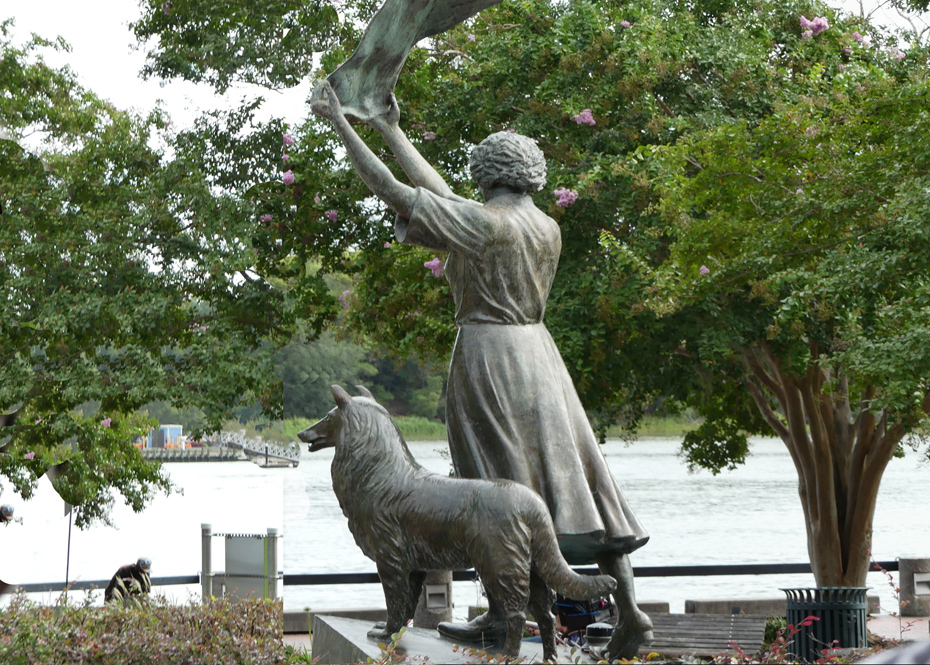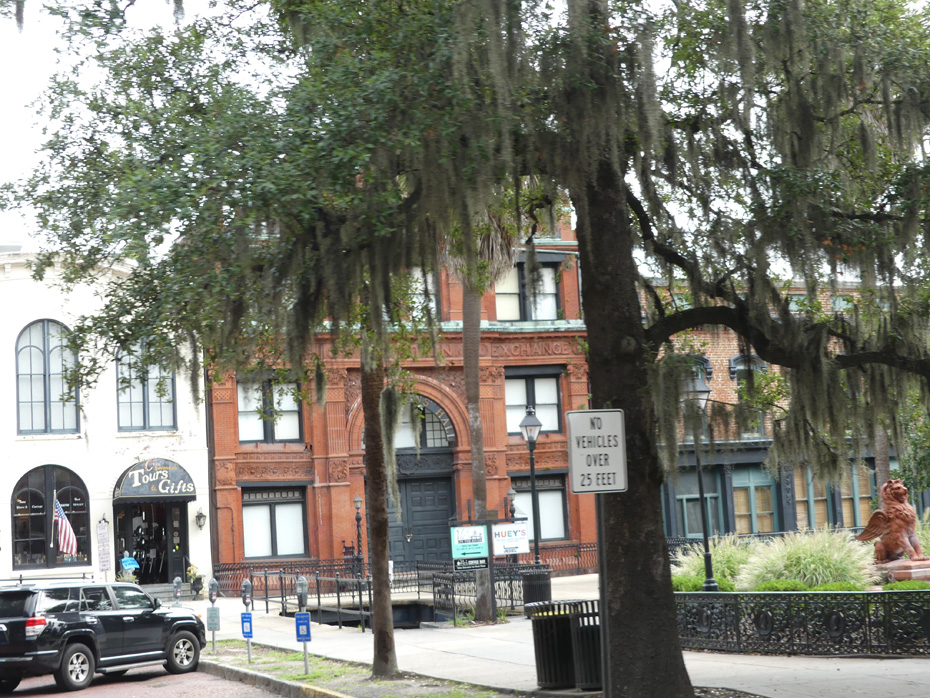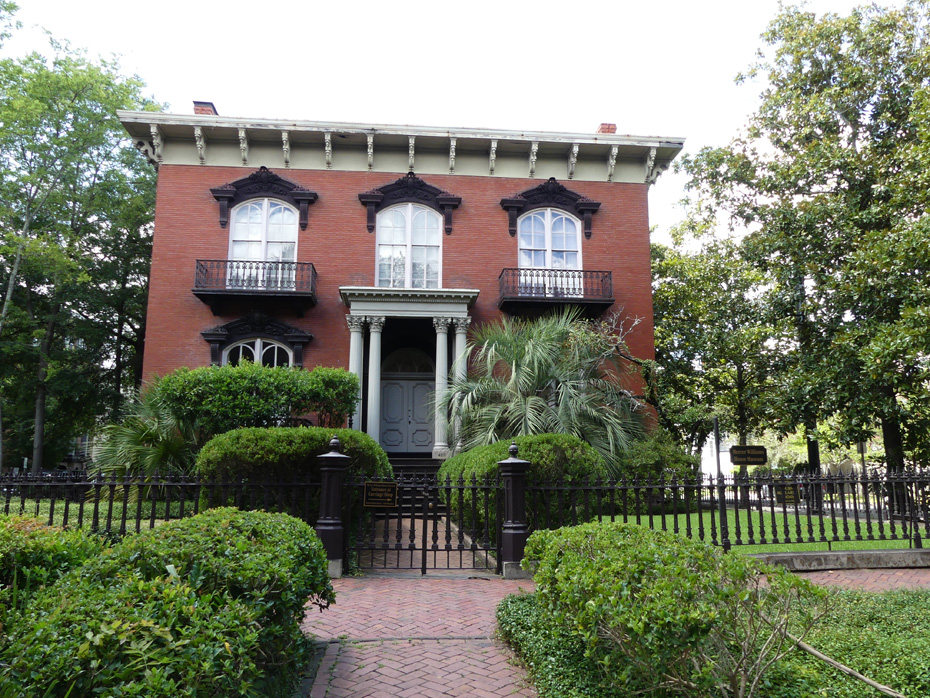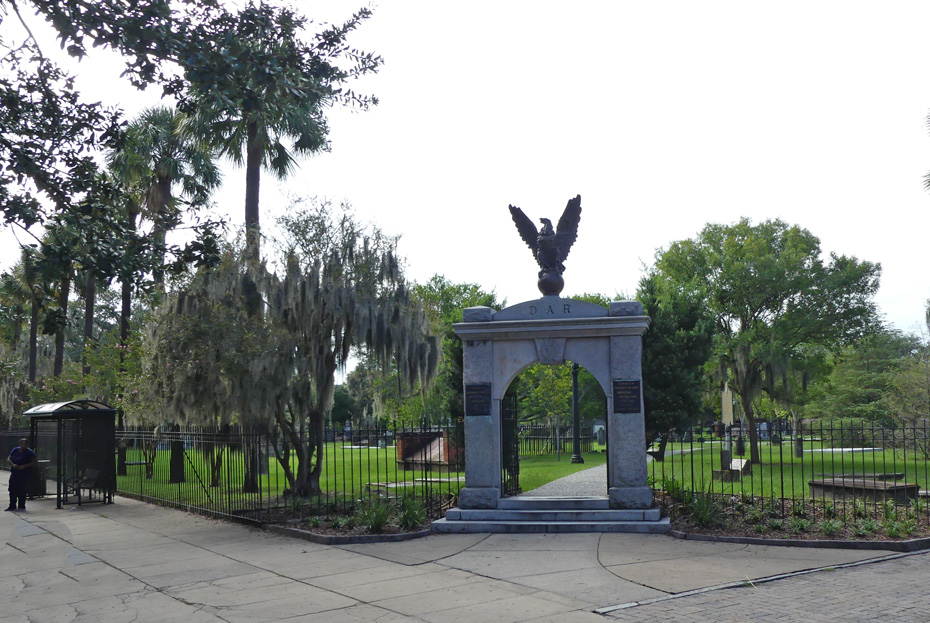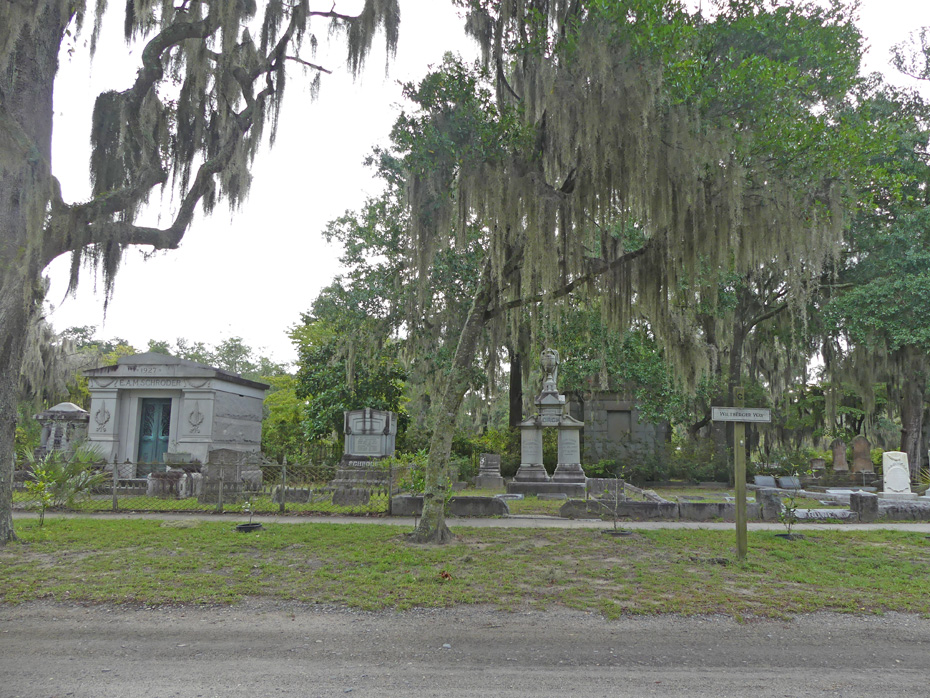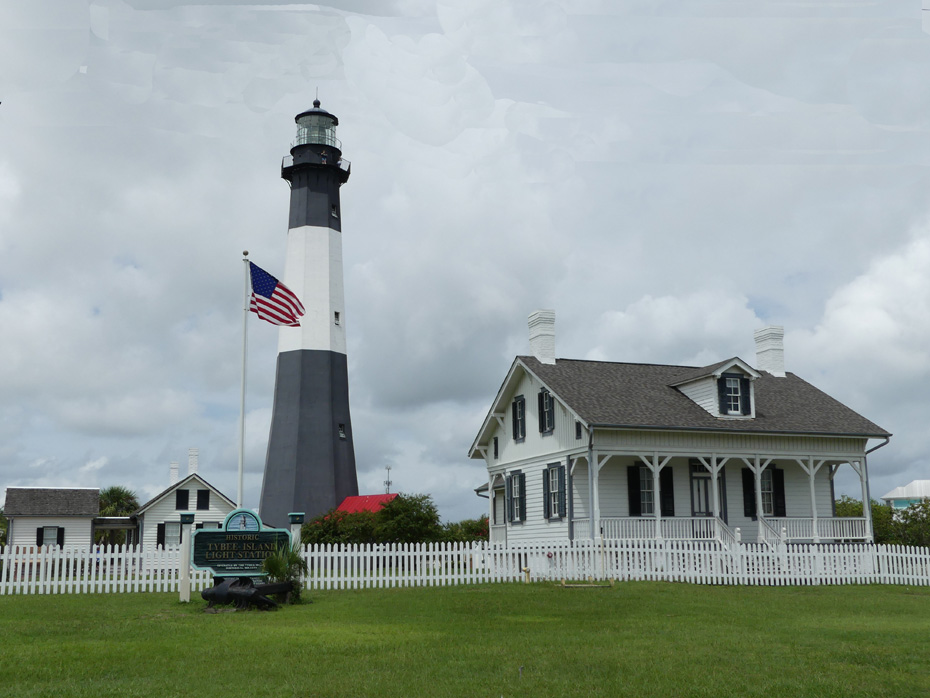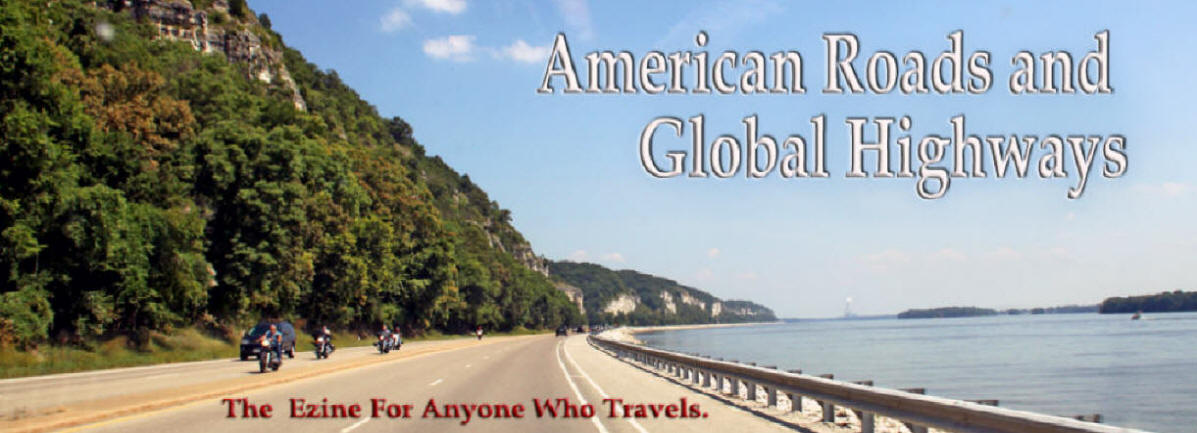
|
|
|
|
|
|
|
|
|
|
If you've been putting off
visiting Savannah because you think it’s expensive, think
again. It can be costly especially parking but there are many
free attractions well worth a visit. I just visited and had a
wonderful time. There is so much to do there I will be writing
about Savannah for months at least but for now, I'll give you
the skinny on doing Savannah almost free. Parking
First off, download a
ParkSavannah parking app. You can get it at Google Play or
Apple Store. Parking in Savannah is expensive. My hotel in
the historic section charged $29 a day. This seems to be the
norm. This app minimizes the cost. If you go on a Sunday,
parking is free so you can park in any legal public spot free.
Nights are free too. Other times, just be sure to note the
number of your space and you can pay on the app. If you stay
longer that you plan you can add time from the app. I was able
to pay for two evening hours before it became free and go to
my room. Next morning I could add an hour time without leaving
my room. Metered spaces are between .50 and 2.00 per hour.
There are city garages and parking lots which have varying
rates if you don't want to fool with the app. Tours and Transportation
If you take a paid trolley tour,
they offer free parking. Also they are hop on hop off so you
can leave your car in their lot and see the city. There is also a free walking
tour that takes you all over the city. It's about 90 minutes
so wear good walking shoes. I didn't personally take it but
have heard good things about it. You should tip your guide
however. Savannah knows they have so much
to offer it can overload their parking abilities so they
provide several free transportation options for downtown
visitors by road, rail, and sea. The Downtown Transportation
is known as DOT.
Their River Street Streetcar
known appropriately as "Dottie" is a bio-diesel fueled
Melbourne streetcar, that has been restored right here in
Savannah. It's a 43 passenger car that traverses about a mile
long track on River Street. There are tons of art galleries,
shops and restaurants here. You can get off here and go down
to see some of the most famous places in Savannah from the Old
Cotton Exchange to the Waving Girl Stature. Legend says the
Waving Girl is seen waving at night as she hopes her long
departed sailor will return to her. In life he never did.
The DOT Shuttle has two routes
and runs on about a 10 minute schedule. It will take you to
most of the points of interest downtown. It also stops at the
city's five public parking garages. Check online for hours and
routes. The third DOT option is the
Savannah Belles Passenger Ferry. They depart from Rousakis
Plaza on River St. and provide ferry service between River
Street and Hutchinson Island. Savannah had several islands
around it. Most are accessible by car. Free Things Walk along Bull Street to see
some of Savannah's Squares. Forsyth Park is one of the
favorites and the largest at 30 acres. The park is filled with
Spanish moss draped live oaks. There you'll find a Confederate
Memorial, a half shell theatre, tennis courts, basketball
courts, a cafe, two playgrounds, and lots of well shaded
benches to just sit and relax. The fountain, the park's most
famous feature, was erected in 1858. Each year on Saint
Patrick's Day, it is dyed green. There are 24 squares in
Savannah and all worth a visit.
Cathedral of St. John the
Baptist deserves a visit for not only its historic value—it
was erected in 1876 then repaired and reopened in 1900 after a
fire in 1898 destroyed much of the structure—but for its
architectural beauty. It's French gothic with two towering
spires on either side of its imposing main entrance. The white
and gold decorated alter is stunning and the stained glass
windows are all works of art. Ghost Coast Distillery offers
free tours. They'll give you a behind-the-scenes
view of the distillery and tell you about Savannah’s unique
history of drinks and revelry. Tours last about 40 minutes and
include a video presentation on weekdays. They are Savannah's
first distillery since prohibition. (Not part of the free or
cheap but the Prohibition Museum is well worth a visit.) Many of the most famous homes in
Savannah do charge admission but you can view the outside for
free. Some of the most visited are:
Juliette Gordon Low Birthplace,
The Davenport House, Flannery O'Conner Birthplace, Kehoe House
where what looks like wood is really made of cast iron,
Mercer-Williams House where Jim Williams of Midnight in the Garden
of Good and Evil fame lived and died. At the Owens Thomas House and Slave Quarters notice the white ccast-iron balcony on its south side. This was where the Marquis de Lafayette gave a speech on his return visit to the United States in 1825. Cemeteries
Colonial Park Cemetery is home
to
Laurel Grove Cemetery was begun
in 1853. Juliet Gordon Low, founder of the Girl Scouts is one
of the prominint people buried there. There more than 1500
Confederate Soldiers
Bonaventure Cemetery is outside
the trolley routes but parking there is no problem. The famous
Bird Girl stature seen there in Midnight in the Garden of Good
and Evil now resides at the Telfair Museum. However, the
cemetery is home to many of Savannah's famous citizens. They
range from Noble Wimberly Jones and Edward Telfair, two of
Savannah's earlierst residents, to Civil War Generals; Robert
J. Anderson, Henry R. Jackson, Alexander R. Lawton, Hugh W.
Mercer, Claudius C. Wilson and Commodore Josiah Tattnall.
Modern celebrities are represented by Johnny Mercer, lyricist
and musician, best known for musician, best known for Moon River and
Days of Wine and Roses. Tybee Island
Do drive over to Tybee Island
and visit the famous, and many say, haunted lighthouse. It's
Georgia's oldest and tallest and dates back to 1736. Across the street is an 1899
Military Battery built during the Spanish-American War. It's
now a museum that houses Tybee Island's history going back to
the Euchee tribe and on into the 20th century. A
yellow raised cottage next door is typical of 1900s Tybee
architecture. There is an admission fee to go inside any of
the structures.
Tybee Pier and Pavilion at the
beach have tons of gift and souvenir shops as well as dining.
Parking is not free here. Rates are usually $2 per hour at
public parking lots. The Park Savannah app doesn't work here.
Either download a ParkTYB app or put money in the meters.put money in the meters. Skidaway Island
S kidaway Island State Park is a great place to stay if you are camping or RVing, It also has three Camper Cabins and a picnic area. There is a $5 per car entrance fee.The park borders Skidaway
Narrows, a part of Georgia’s Intracoastal Waterway, and is
about a 20 minute drive to the historic section. You can hike
trails through maritime forest and past salt marsh. There is a
boardwalk and observation tower. You might see deer, fiddler
crabs, raccoon, egrets and other wildlife. It's on the
Colonial Coast Birding Trail so you will see lots of
wading birds.
Nearby Savannah Botanical
Gardens is free. It has nature trails, a two-acre pond,a
children's garden, gorgeous roses, seasonal flower and
vegetable sections and an 1840s farmhouse. The gardens
are free and open daylight hours. Of course there at lots more
things to see and do in Savannah so budget some money for your
trip. The more you see the more you will want to see.
We'd love your comments!
|
Connect with us on:
American Roads
and | ||||
|
Public Disclosure--
Please Read The FTC has a law requiring web sites to let their readers know if any of the stories are "sponsored" or compensated. We also are to let readers know if any of our links are ads. Most are not. They are just a way to direct you to more information about the article where the link is placed. We also have several ads on our pages. They are clearly marked as ads. I think readers are smart enough to know an ad when they see one but to obey the letter of the law, I am putting this statement here to make sure everyone understands. American Roads and Global Highways may contain affiliate links or ads. Further, as their bios show, most of the feature writers are professional travel writers. As such we are frequently invited on press trips, also called fam trips. On these trips most of our lodging, dining, admissions fees and often plane fare are covered by the city or firm hosting the trip. It is an opportunity to visit places we might not otherwise be able to visit. However, no one tells us what to write about those places. All opinions are 100% those of the author of that feature column. . |
|||||
|
Privacy Policy/ Archives /
Contributors /
Subscribe to
American Roads Books by
Kathleen Walls /
Contact /
Sponsor or Advertise/ American Roads & Global Highways Home Page
|


